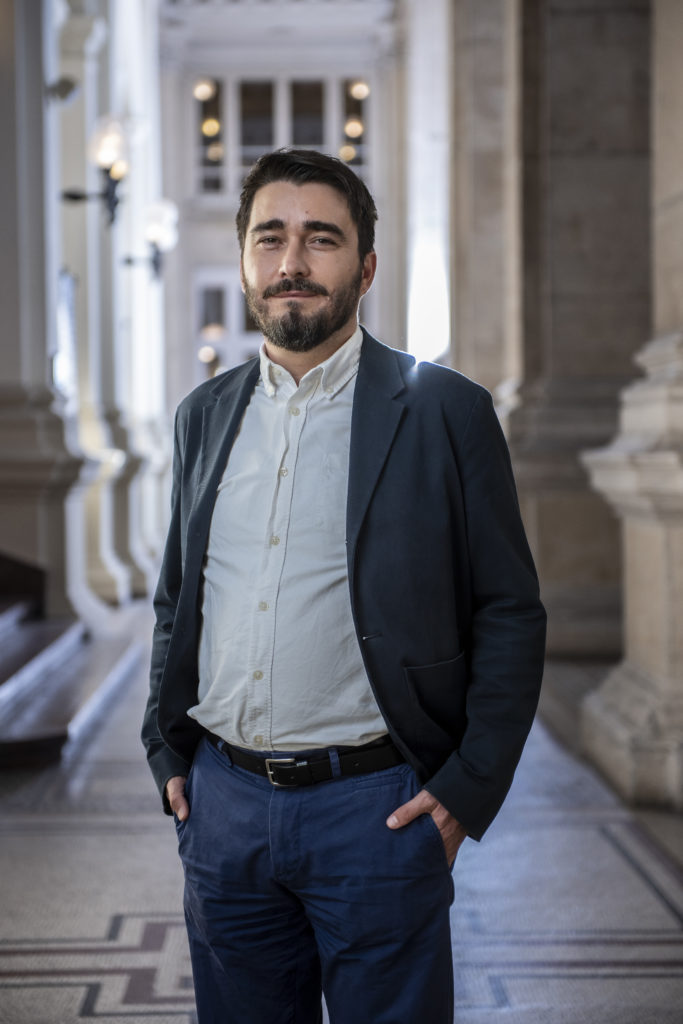CIAS Inn: Our researcher from Zagreb: ‘Budapest is an important academic centre’
We introduce some colleagues, the first interview was conducted with Mladen Domazet, guest researcher. Drop in the CIAS Inn!

‘Opening and establishing international relations is definitely useful’, says Mladen Domazet. The research director of the Institute for Political Ecology in Zagreb was happy to apply for admission to the Corvinus Institute for Advanced Studies (CIAS) international research centre.
He has known Budapest for long, as he was involved in a number of scientific projects here, too. He was a member of the organising board of the 5th International DeGrowth Conference, and that was when his cooperation with Dr. Alexandra Köves, associate professor of the Corvinus started. ‘It was an excellent conference, and the University is a wonderful place.’
He thinks that Budapest is an important academic centre, and since he returned from Oxford, he has been regularly cooperating with scientists in Budapest. ‘Sometimes I spent one quarter of my working time in Budapest’, he says.
He continued the cooperation with Dr. Alexandra Köves even during the Covid epidemic and the earthquakes that caused serious damage in the Croatian capital on two occasions. He did not hesitate when he heard about the CIAS call for applications, as ‘this is a great opportunity’.

‘My task is to produce and publish a scientific paper’, says Dr. Mladen Domazet. He intends to explain the philosophy of sustainability in a clear language to the non-professional public, and to offer a different paradigm to the scientific community. The present conceptual model has to be filled with numbers.
For that purpose, he uses the innovative visualisation model developed for the Institute for Political Ecology, based on doughnut charts. Over the past years, he has been working with an international team on the revision of this model, in order to incorporate the sustainability challenges of the 21st century, too. The result is a doughnut chart depicting no-growth.
He does not teach at courses, but he is available to students at certain points of time, and agreed to act as supervisor for a PhD student who is interested in his topic. In his opinion, the offer of the Corvinus is similar to what Hungarian students can find at foreign universities.
‘We work on up-to-date topics, and the programme is modular’, i.e. students have more room to shape their schedules, and it is not a fixed and rigid system, which would expect them to accept and reproduce the material only.
‘I am a bit tired of educational reforms’, says Dr. Mladen Domazet. ‘After my studies in Oxford, I was able to observe the process closely, and I saw that more and more reports and tables were produced’, and managers and business took over the place of education.
‘Students should be partners, and not customers. It also deteriorates the quality of training when teachers compete for assessments.’ Dr. Mladen Domazet thinks teachers are not responsible for making studying easier and more entertaining, ‘we cannot be teachers who try to please them at any price, because then we would not be able to transfer more complex problems’.
The teacher, who was born in Zagreb, finds Budapest a lively, diverse and bustling city. He knows the city well, and would like the foreigners related to the University to find out the possibilities in Budapest.